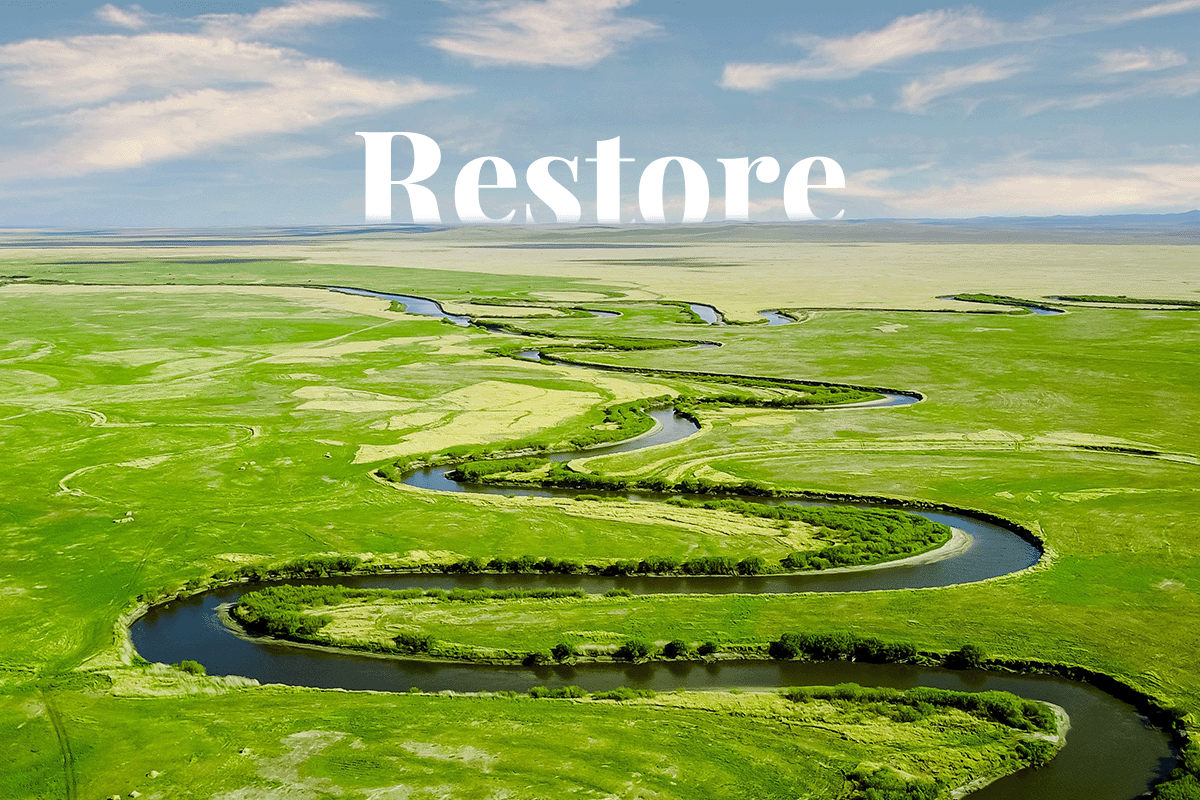Singapore-based company KinRoss is teaming up with its Mongolian partner, Clean BotanEco, to address the severe soil degradation issues in Mongolia, where deforestation and intensive agriculture have left nearly 80% of the land resembling deserts. The primary goal of this collaboration is to enhance agricultural yields and create carbon credits through nature-based solutions, including extensive tree planting.
 Panoramic view of a spring countryside landscape, Mongolia.
Panoramic view of a spring countryside landscape, Mongolia.
KinRoss will employ a unique liquid microbial culture to compost manure and plant waste in Mongolia's black soil, which is known for struggling to retain moisture. This compost, containing 18% to 23% humic acid, will help in soil rejuvenation.
Arthur Ku, KinRoss's Chief Technical Officer, explains that the liquid culture, with over 70 species of microorganisms found in black forest soil, has been ‘trained’ to adapt to different temperature and soil salinity conditions, thanks to a patented process by the company.
Mongolian Counsellor of Economic and Trade Affairs in Singapore, Mr Bilguundemberel Munkhdemberel, points out that desertification is hindering grasslands and forests' growth in Mongolia. Soil restoration not only improves agricultural output and food security but also aligns with the Mongolian government's goal of planting a billion trees by 2030, absorbing 125 million tonnes of carbon dioxide (CO2).
Read more: Deforestation in Asia: a call for conservation
Mr Munkhdemberel emphasises the importance of food security, saying, ‘We used to be heavily reliant on imports. But after COVID-19, every nation understood that food security is a strategic issue.’
The collaboration includes KinRoss, Clean BotanEco, DNZ Venture Global, and the Asia Carbon Institute, which will use nature-based solutions to generate carbon credits. Each credit represents one tonne of CO2 reduced or avoided and can be traded to reduce carbon emissions.
Read more: Corporate impact fuels $7.5 billion surge in nature tech investments
Recognising the global concern of soil degradation, Clean BotanEco's CEO, Bayarjargal Batsukh, highlights the demand for soil rejuvenation in Mongolia. To showcase the results, four glasshouses spanning 72 square metres each will be set up in Mongolia, along with trial projects during the spring and plans to produce 2,000 tonnes of compost by June 2024. This collaboration follows the agreement between Singapore and Mongolia to collaborate on carbon credit projects in June 2023.
At DGB Group, our commitment lies in developing and managing substantial nature-based projects spanning multiple nations, such as Cameroon, Uganda, and Kenya. Through partnerships with local communities, governmental bodies, landowners, and investors, we effectively execute large-scale reforestation endeavours that yield beneficial outcomes and combat deforestation. Our primary emphasis is on the revitalisation of depleted forests, advocacy for sustainable agroforestry methods, and the delivery of essential training and resources to empower farmers and local communities.
Team up with DGB to support nature conservation



